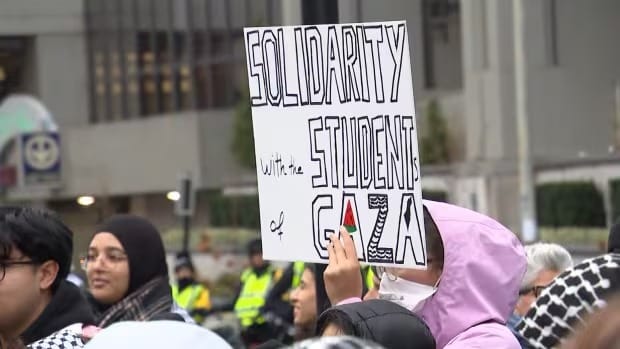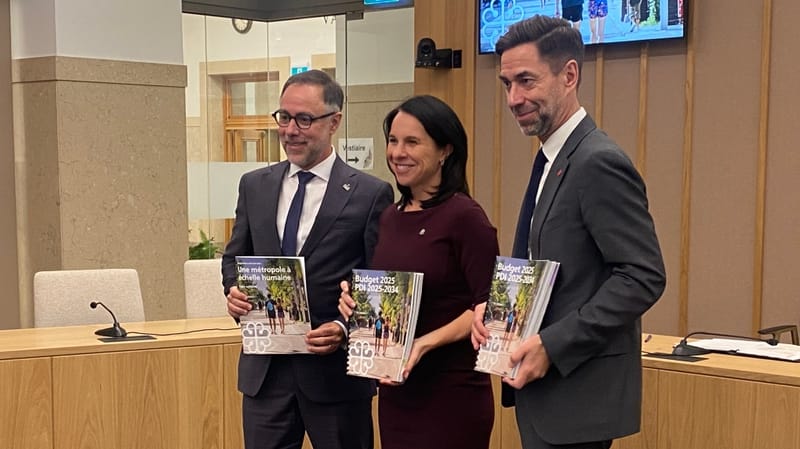Court of Appeal upholds Quebec ruling that invalidated random police stops
The Court of Appeal says in the unanimous decision released Wednesday that the law violates Charter rights, including freedom from arbitrary detention and equality rights.

Quebec’s Court of Appeal has upheld a groundbreaking 2022 decision that struck down a law permitting random traffic stops, ruling that the practice contributes to racial profiling.
In a unanimous decision released Wednesday, the high court affirmed the Superior Court's judgment, which had rendered inoperative a section of Quebec’s Highway Safety Code that allows police to stop drivers without reasonable suspicion of an offence.
The Court of Appeal concluded that the law infringes on Charter rights, including protection from arbitrary detention and the right to equality.
The original legal challenge was brought by Joseph-Christopher Luamba, a 22-year-old Black Montrealer, who testified that he had been stopped nearly a dozen times by police without cause, with none of the stops resulting in a ticket.
In his October 2022 ruling, Superior Court Justice Michel Yergeau acknowledged the existence of racial profiling. “Racial profiling does exist. It is not a laboratory-constructed abstraction … It is a reality that weighs heavily on Black communities. It manifests itself in particular with Black drivers of motor vehicles,” he wrote.
Yergeau emphasized that police officers’ unchecked authority to conduct random traffic stops had, in some cases, become “a vector, even a safe conduit for racial profiling against the Black community.” He warned, “The rule of law thus becomes … a breach through which this sneaky form of racism rushes in.”
The Quebec government had appealed the decision, arguing that the ruling removed an essential tool for law enforcement. Public Security Minister François Bonnardel expressed disappointment, saying officials would carefully review the 72-page ruling.
“This was obviously not the desired goal,” Bonnardel stated. “This decision could have a direct impact on the work of police officers to ensure the safety of the population.”
Luamba’s case was supported by the Canadian Civil Liberties Association (CCLA). Lex Gill, a lawyer for the CCLA, called the decision a significant victory for equality rights.
“To our knowledge, this is the first time a court has struck down a police power on the grounds that it contributes to systemic discrimination,” Gill said in an emailed statement. “By unanimously upholding the Superior Court’s landmark judgment, the Court of Appeal has helped chart a new course for equality rights and civil liberties in Canada.”
Gill added that the ruling confirms that broad, arbitrary police powers enabling discrimination “will not survive constitutional scrutiny.”
The 2022 ruling only applies to random stops and does not affect structured police operations, such as roadside checkpoints targeting impaired drivers.
While the provincial government has six months to amend the Highway Safety Code, some civil rights groups believe the case may eventually reach the Supreme Court of Canada.





